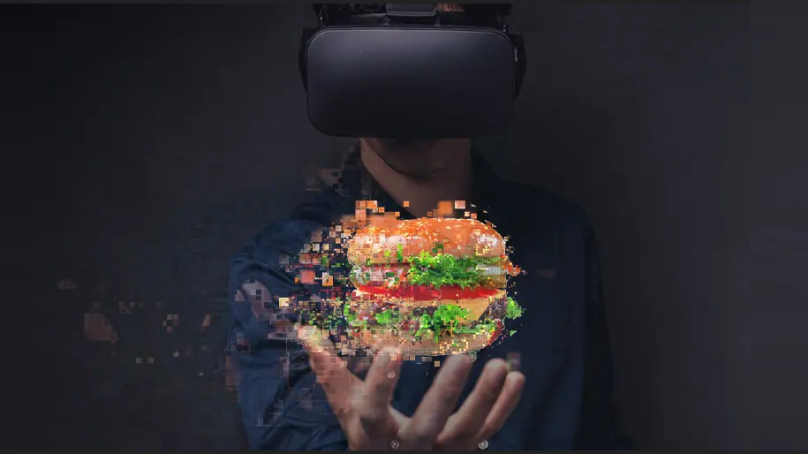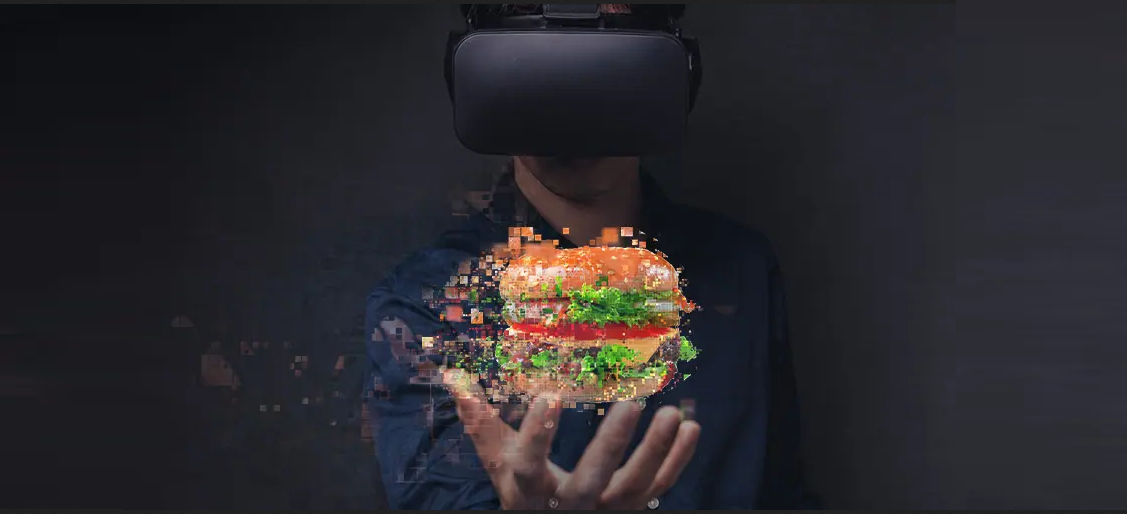

Into the multisensory metaverse
The metaverse is an evolution of the internet that enables users to experience things through progressive technologies, such as cameras, microphones and other means, used to digitalize the physical world.
The scope of digitalization is expanding rapidly, encompassing a wide range of areas. Artificial intelligence plays a crucial role in analyzing data from sensors, interpreting information and facilitating advanced simulations of physical properties. As these fundamental technologies of the metaverse continue to advance, we will witness a spectrum of experiences, starting from digitally enhanced physical encounters and progressing to entirely digital experiences within virtual reality. The current limitation, which will be overcome in the coming years, is being able to transmit the aroma of food, but this is likely to happen in the coming years.
Technologies are being developed to allow a multi-sensorial experience, especially for restaurants in the metaverse. Several prototypes are in development, such as a multisensory mask able to portray aromas and 2D glasses with an immersive olfactive experience.
Until the virtual experience becomes multisensorial, restaurants can leverage the metaverse for marketing, data collection and social networking purposes:
Marketing restaurants on social media marketing through virtual dining
Simulating a virtual dining experience, where users can experience the ambience and menu and interact with waitstaff, will pique the users’ interest and encourage them to visit the restaurant to have an authentic dining experience.
Data collection on Meta
By reinventing the consumer experience through interactivity and personalization, metaverse-based applications can help restaurants better understand consumer profiles and preferences, as well as gain new insights that allow the development of better marketing strategies.
Social networking
The metaverse is also a social network, with more realistic interactions and bold communication features.
Branding
Novelty, interactivity, vividness, gamification marketing, augmented reality and influencer collaborations help restaurants create unique and engaging experiences that support branding in the Metaverse.
The metaverse helps democratize branding and advertising and allows a higher reach. Thanks to the metaverse, people can enjoy a night out from the comfort of their homes. Often, customers want to just experience the hospitality side of going to a restaurant. With the metaverse, these experiences are accessible anytime and anywhere.
It will be intriguing to witness the evolution of food delivery, dining out and consumer behavior as a result of virtual technology. From a technological standpoint, the gastronomy sector is undergoing a significant transformation—one of the most significant in its history. Can it successfully digitize palates? Will immersive dining experiences become prevalent? Will the majority of expenses be directed toward dining away from home?Only time will demonstrate its effectiveness, impact, and user acceptance.

Maya Bekhazi Noun,
co-founder and managing director of The Food Studio
@maya_gourmet_lifestyle
@thefoodstudio_catering
food-gallery.com

















Hani Farhat#1
Great and excellent idea The Metaverse or Second Life.